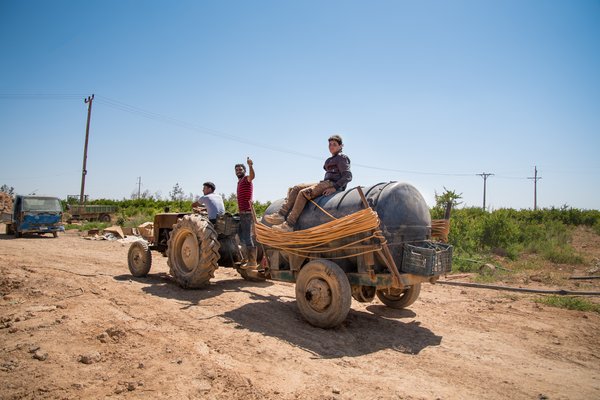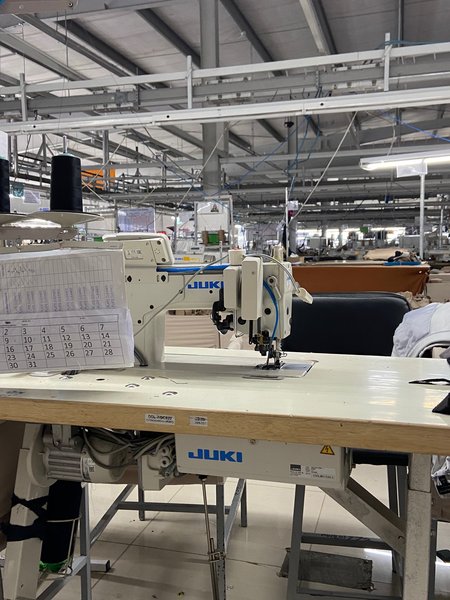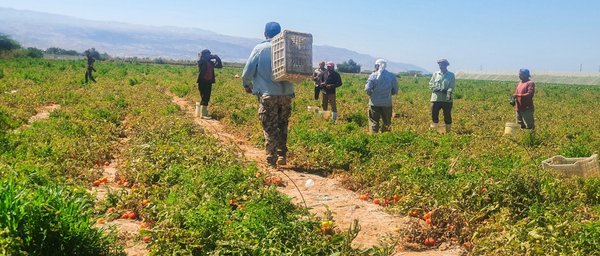This case study was authored by Professor Ayman Halaseh, Hala Abu Taleb, Rawan Rbihat and Dima Al Qutub of the Information and Research Center King Hussein Foundation (IRCKHF), MIDEQ partners based in Jordan.
Addressing challenges: Approach to disseminating research on Egyptian migrant workers’ rights
Research on migrant rights and human rights violations is a complex landscape where the pursuit of knowledge collides with formidable challenges. Beyond the inherent difficulties of disseminating research, the study of human rights abuses introduces an added layer of sensitivity. The delicate nature of these issues, coupled with political resistance and the shrinking space for civic discourse in different countries, amplifies the hurdles faced in conveying critical findings to the public. Nevertheless, recognising the transformative potential inherent in disseminating such research, the Information and Research Center King Hussein Foundation (IRCKHF) committed itself to navigate these complexities. This case study reflects on how IRCKHF addressed these intricate challenges in the context of their 2022 research, published as a working paper, on Egyptian migrant workers in Jordan. The case study underscores the significance of advocacy and systemic change in this demanding terrain.
The research outlined the statutory laws that govern Egyptian workers in Jordan and provided insights into the difficulties they face during their time in the country. The research also revealed widespread instances of violations and exploitations experienced by Egyptian migrant workers in Jordan. The paper also identified important shortcomings in the legal framework that unintentionally exploit migrants, making them vulnerable to forced labour.
Research findings must be shared to raise awareness, inform policies and improve society. However, this process faces obstacles such as lack of accessibility because of the use of technical language, paywalls, the difficulty reaching and engaging the target audience and information overload in a saturated environment. The challenges increase if research findings are related to human rights violations due to political sensitivities surrounding human rights issues, the reluctance of authorities to acknowledge and address the violations and the shrinking civic space in most developing countries. Nevertheless, dissemination of such findings is crucial for raising awareness and fostering a collective understanding of the prevalent violations, thereby contributing to a broader societal consciousness. Dissemination plays a pivotal role in advocating for policy changes and legal reforms, influencing national discourse aimed at safeguarding human rights.
Recognising the pressing need for advocacy and systemic change to enhance the living conditions of migrant workers, IRCKHF took proactive measures to leverage the research findings effectively. To maximise impact, we meticulously developed a diverse array of tools for disseminating these crucial findings. This case-study aims to provide a detailed overview of the tools we implemented. In what follows, we provide an overview of the strategic approaches we employed to ensure the successful dissemination of research insights, thus contributing to the ongoing efforts to bring about positive change for migrant workers.



